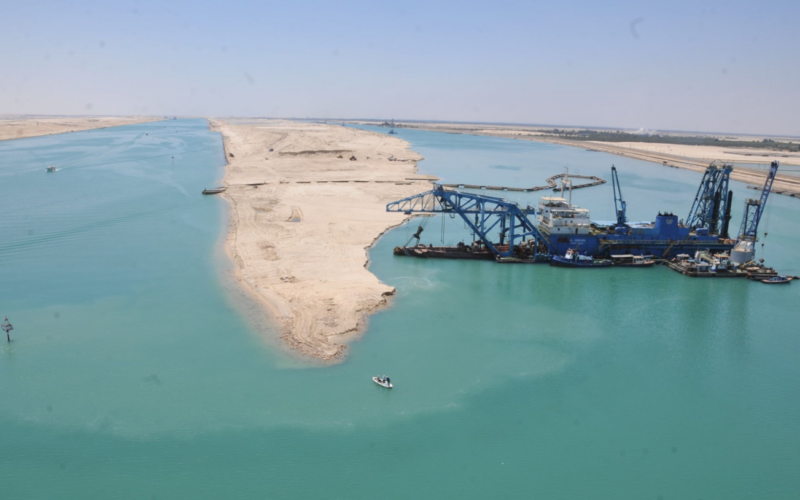In the face of a surge in attacks orchestrated by Iran-backed Houthi militants, the maritime industry is grappling with disruptions as oil tankers sit idle, and container vessels reroute around the African continent to evade the perilous waters off the coast of Yemen. This strategic maneuver aims to circumvent a crucial waypoint for ships utilizing the Suez Canal to traverse between Europe and Asia.
The escalating hostilities in the region have compelled shipping companies to reassess their routes and operations, navigating the complex geopolitical landscape to ensure the safety of vessels and crew. The attacks by Houthi militants, with alleged support from Iran, have intensified concerns about the security of one of the world’s most critical maritime trade routes.
In recent weeks, reports indicate a noticeable increase in incidents targeting commercial ships in the waters near Yemen. This has prompted a cautious response from the shipping industry, leading to a temporary halt in the movement of oil tankers and a redirection of container vessels around the Cape of Good Hope, adding significant transit time and costs.
The Suez Canal, a vital shortcut connecting the Mediterranean and Red Seas, facilitates the transportation of goods between Europe and Asia, allowing vessels to avoid the lengthy and perilous journey around the southern tip of Africa. However, the recent unrest in the waters off Yemen has disrupted the usual flow of maritime traffic, prompting a reevaluation of the risks associated with the traditional Suez route.
The decision to reroute ships around Africa is not taken lightly, given the considerable financial implications and potential delays in delivery schedules. Shipping companies are closely monitoring the situation and collaborating with international authorities to assess the evolving security dynamics in the region.
The challenges faced by the shipping industry underscore the broader impact of geopolitical tensions on global trade. Governments, maritime organizations, and industry stakeholders are urged to work collaboratively to find diplomatic solutions that can restore stability to this critical maritime corridor.
As this situation continues to unfold, it is imperative for the international community to stay informed about the evolving dynamics in the region. This article emphasizes the importance of acknowledging the disruptions caused by Iran-backed Houthi attacks and the consequential shifts in shipping routes, shedding light on the intricate balance between maritime security and global trade efficiency.








